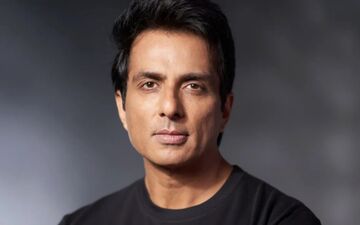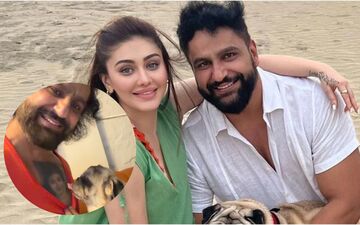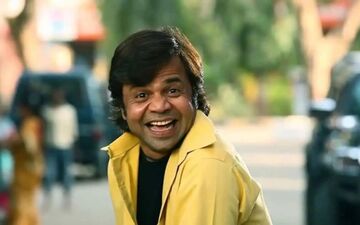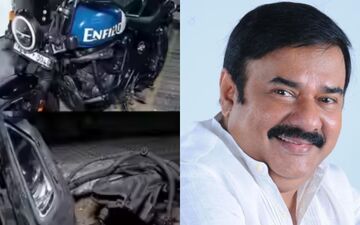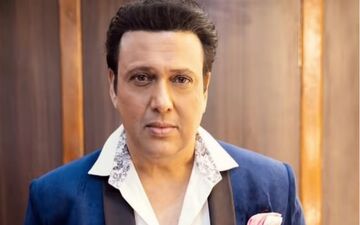Eid-ul-Fitr 2023: Date In India, Timings, History And Significance – All You Need To Know
On this auspicious day, Muslims across the world pray and kinships are strengthened, giving alms to the poor
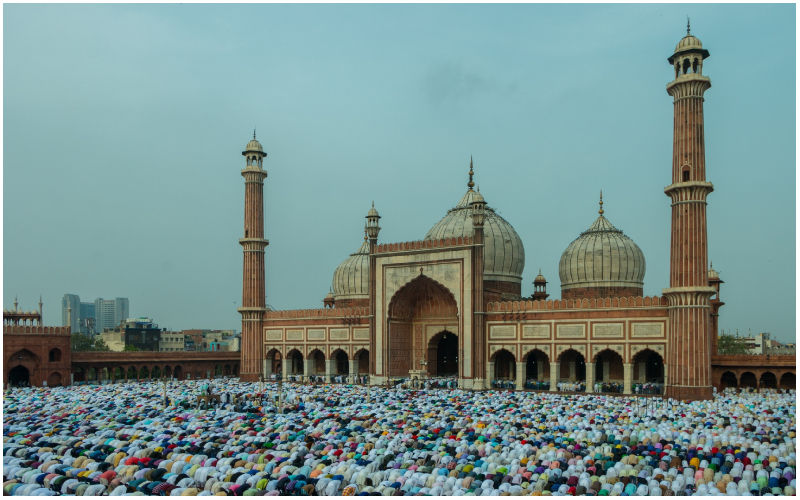
Muslims across the world are gearing up to welcome the Eid ul Fitr for a joyous and triumphant which marks the last day of Ramadan or Ramzan month. On this day, faithful individuals claim the ultimate prize, their return to a state of purity.
For those unaware, fasting is observed in the ninth month of the year and Eid is celebrated on the first date of the 10th Shawwal. On this day, people complete their fast.
However, the date of celebrating Eid is finalized according to the sighting of the moon. The day when the moon is visible, that day is called Chand Mubarak. The date of Eid is first announced in Saudi Arabia.
On this auspicious day, Muslims across the world pray and kinships are strengthened, giving alms to the poor.
As a part of the traditions, Muslims after having fulfilled one of the five pillars of Islam, they prepare mouth-watering feasts to share with family, friends, and neighbours, and just about anyone in need of sustenance. It is believed that absolutely no soul should go unfed on the day of Eid.
In case you are not sure when to start preparations for the festivities, here are the dates, calendar and guide to celebrating Eid-ul-Fitr 2023 in India.
Eid-ul-Fitr Date In India
The date of Eid-ul-Fitr depends on the sighting of the crescent moon (a day after the new moon). The festival is celebrated only under the cover of the night. If the crescent moon is not spotted, Ramadan continues for another day.
This year, Eid ul Fitr in India is expected to be upon us on Friday, 21 April or Saturday, 22 April 2023.
Eid-ul-Fitr Celebrations In India
Eid-ul-Fitr celebrations in India are completely different to that of the rest of the world, albeit with some minor differences. While the religious rituals are the same, the food and the treats are uniquely Indian.
On the night just before Eid-ul-Fitr, Muslim families visit the markets, to shop for Eid-ul-Fitr and they buy new clothes, traditional snacks and other festive-related items are bought on the night. As mandated by their faith, the Zakat al Fitr (obligatory donation) must be completed prior to the morning Eid prayer.
People who are financially stable, must donate either money or items such as rice, barley, dates and other similar provisions. This mandatory donation must be distributed to the poor prior to the celebrations to ensure that all souls are able to enjoy a joyous holiday.
On the day of Eid-ul-Fitr, Muslims congregate in mosques to pray and they express their gratitude towards the almighty for having granted the will and resolves to the believers to successfully complete the arduous Ramadan fast.
Following the Eid prayer, families greet their neighbours and friends with “Eid Mubarak” to give or exchange gifts and congratulate one another on completing Ramadan. Indians typically visit the graves of families and loved ones and offer their prayers for their well-being in the hereafter.
Feast of traditional foods and snacks are cooked and shared with friends, families and neighbours. In India these delicacies usually include the following:
- Sheer khurma, a sumptuous Eid staple in the form of a sweet milk pudding with vermicelli topped with chunky nuts and raisins.
- Biryani is a fragrant rice dish layered with succulent pieces of your meat of choice.
- Sheermal is a sweet and chewy flatbread made with ghee, sugar and saffron-enhanced milk.
Image Source: Pixabay
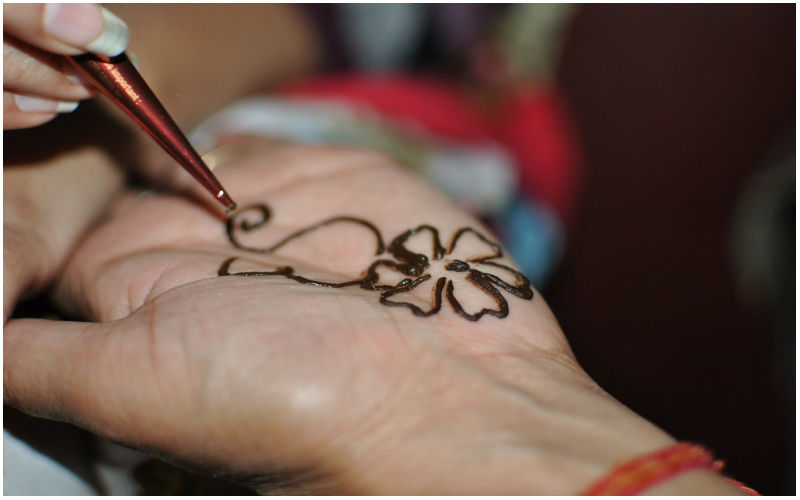
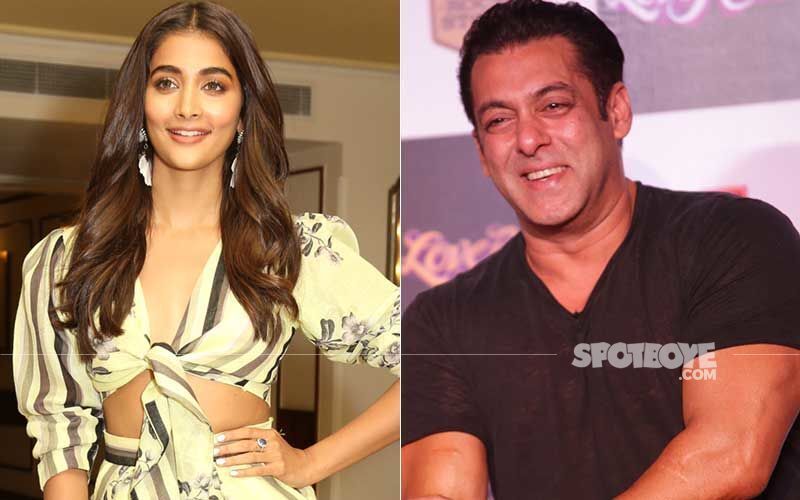
_2023-4-13-3-3-5_thumbnail.jpg )
_2023-4-12-7-30-19_thumbnail.jpg )
_2023-4-11-4-17-3_thumbnail.jpg )
